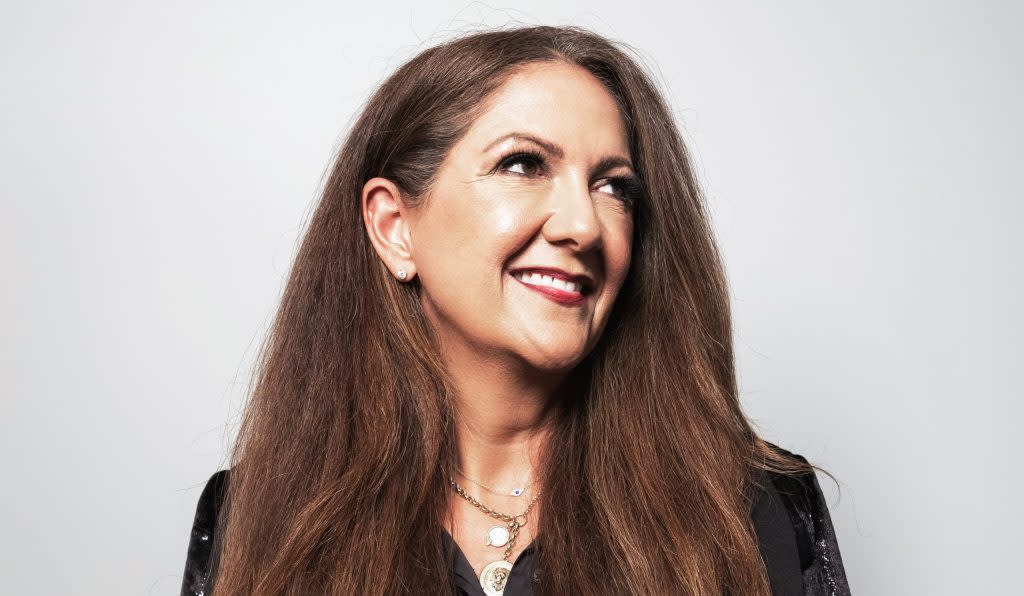Sephora’s new North American CEO says her childhood fleeing Iran and ending up in foster care influences her leadership at the beauty giant
Good morning, Broadsheet readers! Stephanie Cohen is leaving Goldman Sachs for Cloudflare, President Biden pledges $200 million to research women's health, and a new exec takes the reins at Sephora. Have a lovely Tuesday.
- Path to the C-suite. Artemis Patrick has spent the past 18 years at Sephora, and next month she'll become CEO of the LVMH-owned retailer's North American business. Unlike so many female execs who get the CEO title in time for a turnaround or in a moment of crisis, she's taking over Sephora's North American market when the business is "on an upswing," my colleague Lila MacLellan reports in a new story for Fortune.
Sephora posted "record-breaking profits" globally last year, Lila reports. (LVMH's "selective retailing" unit, which includes Sephora, increased revenue 25% to $19.4 billion in 2023.) And while the retailer faces its challenges—tweens in Sephora, anyone?—it's hardly a glass cliff scenario for Patrick, who rose the ranks mainly in merchandising roles.

Patrick's own journey to Sephora's leadership is equally unusual. Her family fled Iran's 1979 Islamic Revolution when she was 7; her father was in danger as a pilot for the former Shah. During the Iran hostage crisis that followed, Patrick's mother returned to Iran and was stuck. With her father unable to care for her, Patrick ended up in a group home and then foster care in the U.S.
The experience left her with an understanding of what it feels like not to belong, Patrick has said. As a beauty retailer, Sephora has often been at the center of conversations about diversity, inclusion, and racial justice. The retailer was accused of racial profiling and closed for a day for company-wide diversity training in 2019; since then, it's commissioned a report on how to decrease racial profiling at retailers. Sephora was an early signer of the Fifteen Percent Pledge, in which retailers promise to devote 15% of shelf space to Black-owned brands.
“I’ve always led with openness and curiosity into diverse thoughts because I was welcomed in that way on several occasions,” Patrick says. “And when I was younger, sometimes I wasn’t.”
Read Lila's full story here.
Emma Hinchliffe
emma.hinchliffe@fortune.com
The Broadsheet is Fortune's newsletter for and about the world's most powerful women. Today's edition was curated by Joseph Abrams. Subscribe here.
This story was originally featured on Fortune.com
